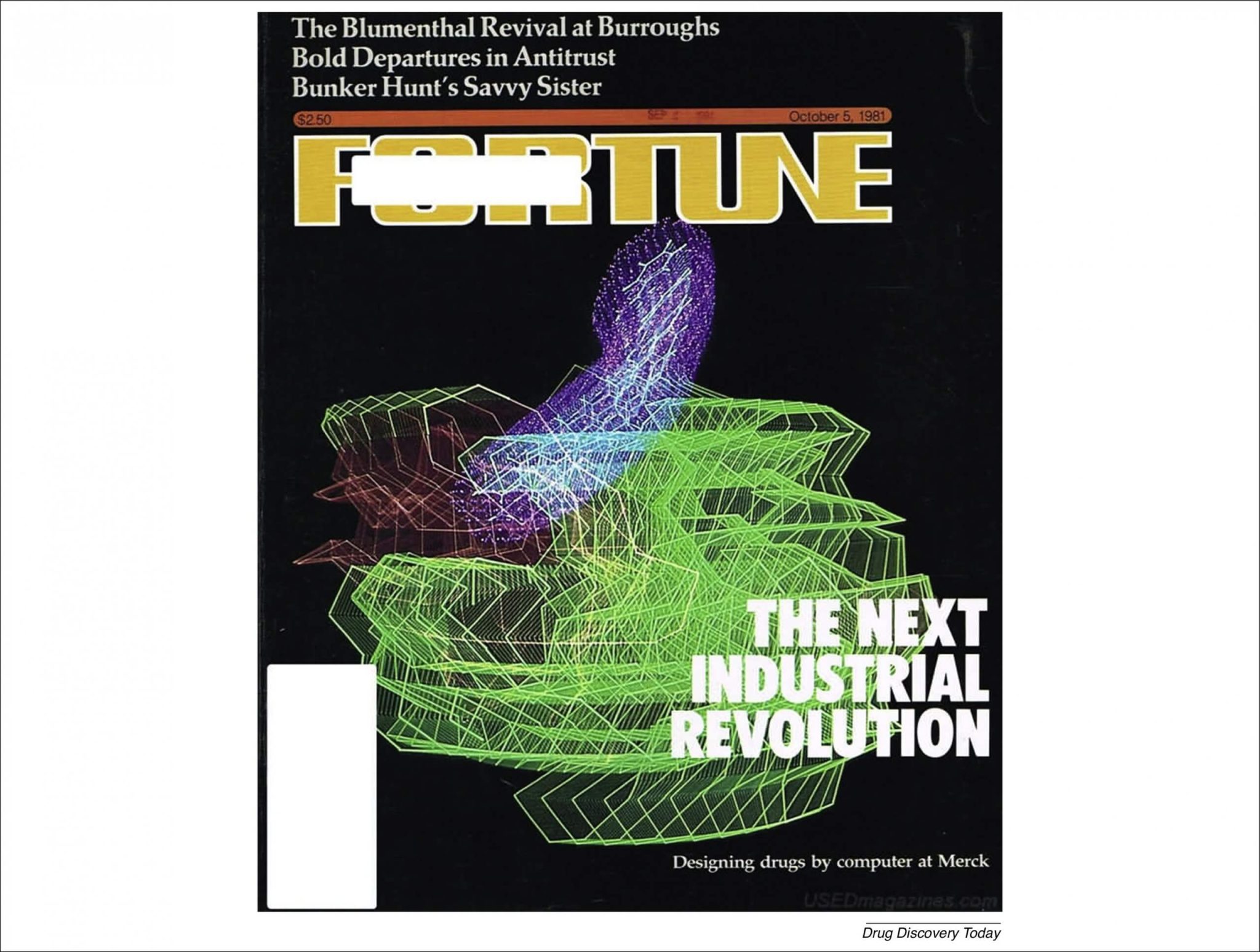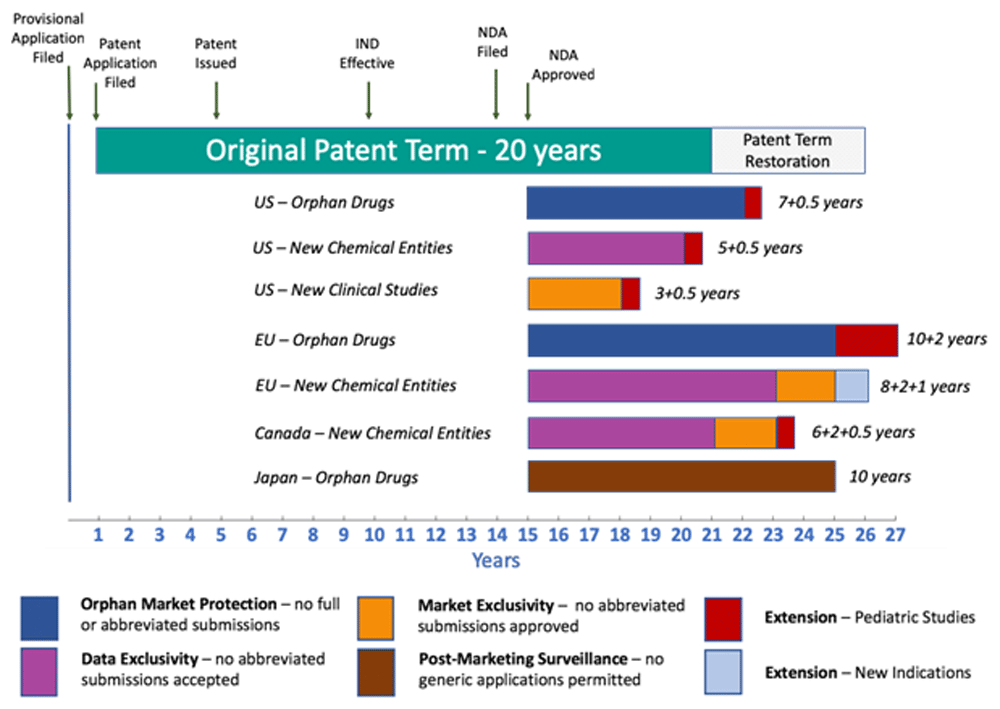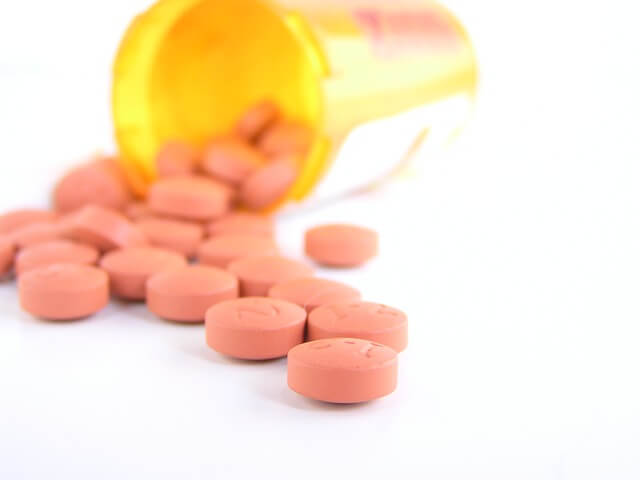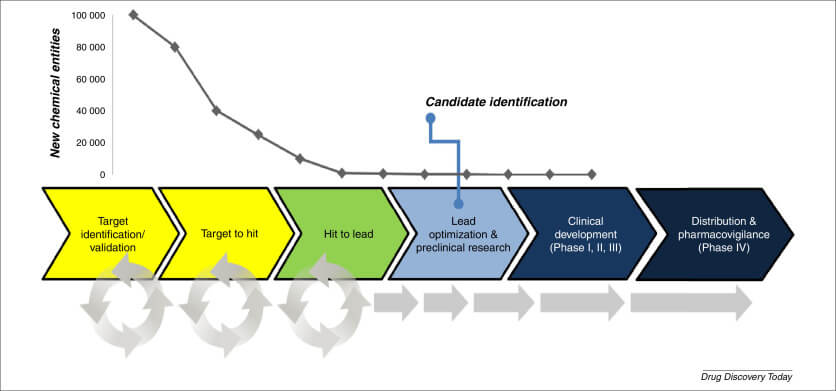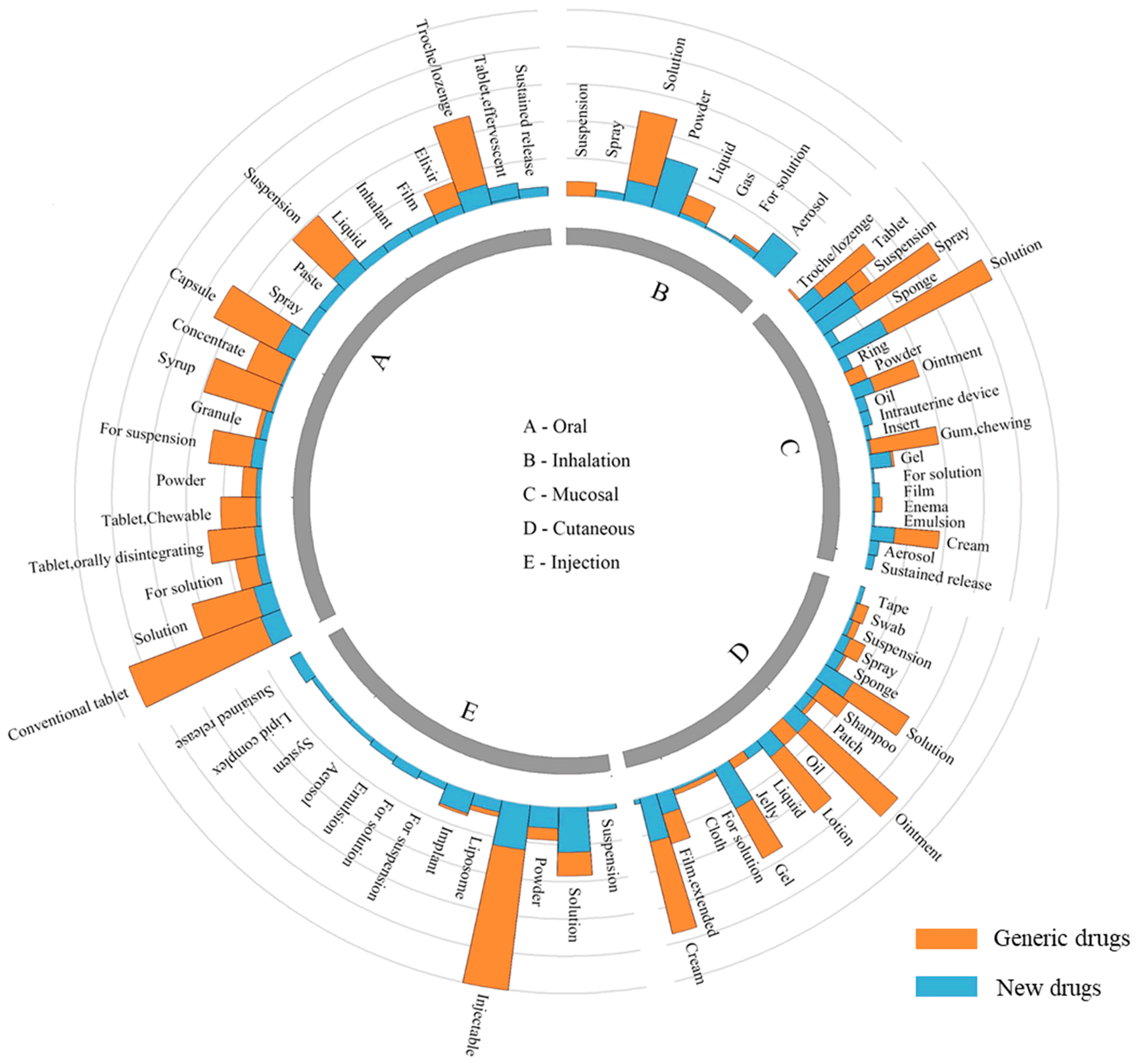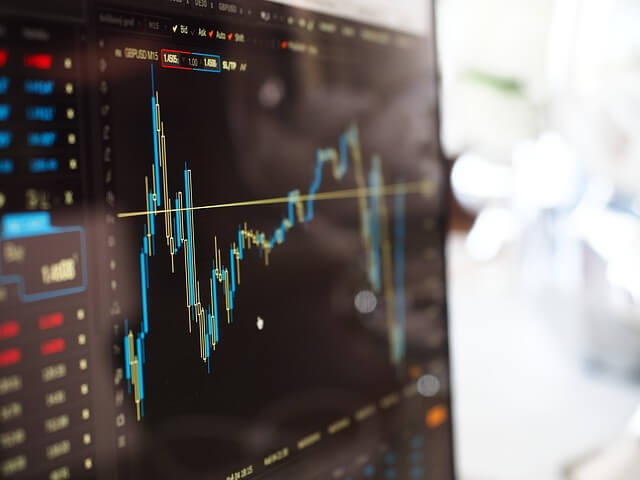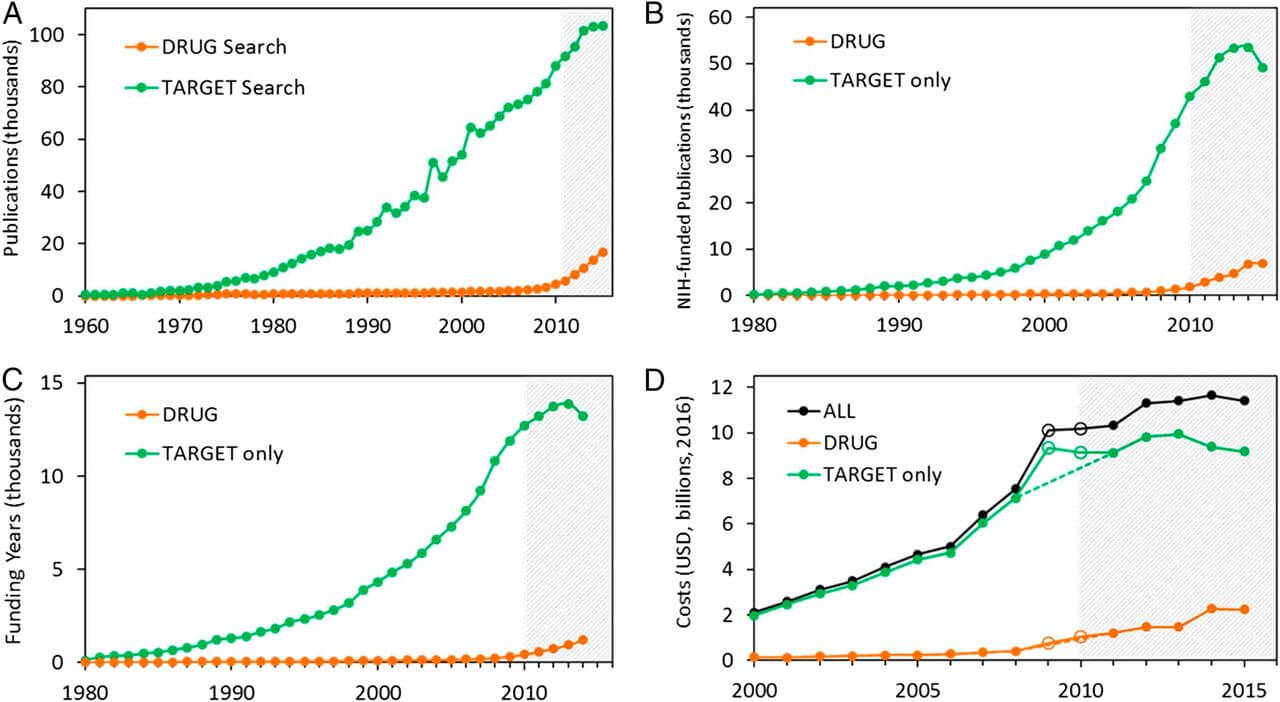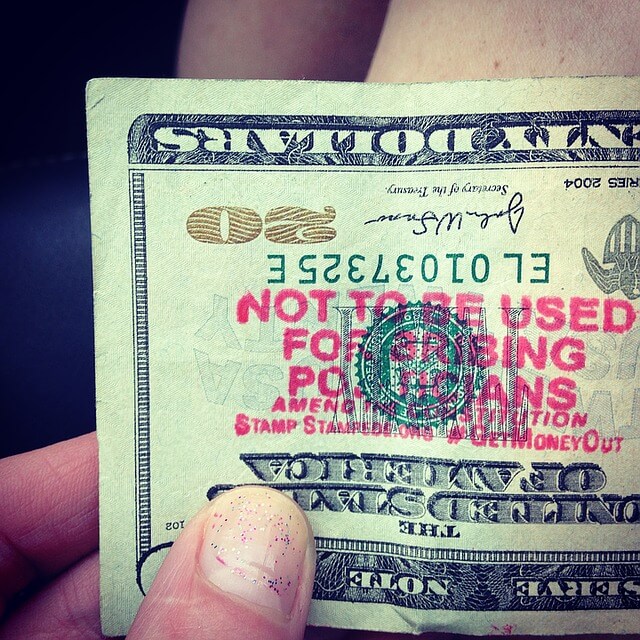In the complex world of pharmaceutical development and regulation, few topics spark as much debate as drug data exclusivity. This contentious issue sits at the intersection of innovation, public health, and economic interests, leaving many to wonder: is there a happy medium that can satisfy all stakeholders?
Understanding Drug Data Exclusivity
Before we dive into the nuances of this debate, let’s establish a clear understanding of what drug data exclusivity actually means.
What is Drug Data Exclusivity?
Drug data exclusivity refers to a period of time during which generic drug manufacturers are prohibited from relying on the clinical trial data submitted by the original drug developer to obtain regulatory approval for their own versions of the drug[1]. This exclusivity period is separate from patent protection and can sometimes extend beyond a drug’s patent expiration.
The Purpose of Data Exclusivity
The primary purpose of data exclusivity is to incentivize pharmaceutical companies to invest in the costly and time-consuming process of drug development. By granting a period of market exclusivity, regulators aim to ensure that innovator companies can recoup their research and development costs and potentially turn a profit before facing generic competition.
The Current Landscape of Drug Data Exclusivity
To understand the debate surrounding data exclusivity, we need to examine the current regulatory landscape in different parts of the world.
Data Exclusivity in the United States
In the U.S., the concept of data exclusivity was introduced with the Hatch-Waxman Act of 1984. This legislation established a five-year exclusivity period for new chemical entities, with additional protections for specific categories of drugs[1].
“The Drug Competition and Patent Term Restoration Act (Hatch-Waxman) introduced the ‘Abbreviated New Drug Application’ (ANDA) for generic drugs, allowing regulatory approval to be based on evidence that a generic drug is bioequivalent to the original. To compensate, the Act introduced a period of five years of data exclusivity.”[1]
Data Exclusivity in Europe
The European Union has taken a different approach, offering a longer period of data exclusivity. In Europe, new drugs receive ten years of data exclusivity, with an additional year possible for new indications that provide significant clinical benefits[2].
Global Variations
Data exclusivity periods vary significantly around the world, with some countries offering no protection at all. This global patchwork of regulations has led to complex negotiations in international trade agreements and ongoing debates about the appropriate balance between innovation incentives and access to medicines.
The Case for Longer Data Exclusivity
Proponents of longer data exclusivity periods argue that extended protection is necessary to foster pharmaceutical innovation. Let’s examine their key arguments.
Incentivizing Innovation
The pharmaceutical industry contends that longer exclusivity periods are crucial for incentivizing the development of new drugs. They argue that the high costs and risks associated with drug development require a substantial period of market exclusivity to make the investment worthwhile.
Encouraging Research into Rare Diseases
Advocates also suggest that longer exclusivity periods can encourage research into rare diseases and conditions that might otherwise be neglected due to limited market potential.
Potential for Increased Drug Approvals
Some studies have indicated that extending data exclusivity could lead to an increase in drug approvals. For instance, one analysis projected that expanding data exclusivity to twelve years would result in 228 extra drug approvals between 2020 and 2060[2].
The Case for Shorter Data Exclusivity
On the other side of the debate, critics argue that long exclusivity periods can hinder access to affordable medicines. Let’s explore their main points.
Delayed Generic Competition
Opponents of extended data exclusivity argue that it delays the entry of generic drugs into the market, keeping drug prices high for longer periods and potentially limiting access to essential medicines.
Impact on Developing Countries
Critics also highlight the potential negative impact on developing countries. Longer exclusivity periods can prevent these nations from accessing affordable generic versions of important drugs, exacerbating global health inequities[1].
Potential for Abuse
Some argue that long exclusivity periods can be abused by pharmaceutical companies to extend their monopolies beyond what’s necessary for innovation, a practice sometimes referred to as “evergreening.”
The Search for a Happy Medium
Given the compelling arguments on both sides, is there a way to strike a balance that promotes innovation while ensuring timely access to affordable medicines?
Flexible Exclusivity Periods
One proposed solution is to implement flexible exclusivity periods based on factors such as the therapeutic value of the drug, the size of the patient population, and the level of unmet medical need.
Tiered Pricing Systems
Another approach could involve tiered pricing systems that allow for different levels of exclusivity or pricing in different markets, potentially addressing concerns about access in developing countries.
Public-Private Partnerships
Increased collaboration between public and private entities in drug development could help distribute the costs and risks, potentially reducing the need for extended exclusivity periods.
The Role of International Trade Agreements
International trade agreements have become a key battleground in the data exclusivity debate. Many recent free trade agreements (FTAs) have included provisions related to data exclusivity, often pushing for longer protection periods.
TRIPS Agreement and Beyond
The World Trade Organization’s Agreement on Trade-Related Aspects of Intellectual Property Rights (TRIPS) set minimum standards for intellectual property protection but did not specifically require data exclusivity. However, many subsequent FTAs have included “TRIPS-plus” provisions that do mandate data exclusivity[3].
Impact on Domestic Policy
These trade agreements can have significant impacts on domestic pharmaceutical policies, often requiring countries to implement data exclusivity regimes that they might not otherwise choose.
The Economic Implications of Data Exclusivity
The debate over data exclusivity isn’t just about health policy—it has significant economic implications as well.
Impact on Drug Prices
Studies have shown that countries implementing data exclusivity laws have faced increased pharmaceutical import prices over the past 20 years[3]. This suggests that longer exclusivity periods could lead to higher drug prices, at least in the short term.
Effects on the Pharmaceutical Industry
For the pharmaceutical industry, data exclusivity can have a substantial impact on revenues. One study estimated that extending data exclusivity to twelve years would increase lifetime drug revenues by 5.0 percent on average[2].
Broader Economic Considerations
The economic implications extend beyond just drug prices and industry revenues. Factors such as healthcare costs, productivity gains from improved health outcomes, and the economic benefits of a thriving pharmaceutical sector all need to be considered in this complex equation.
Data Exclusivity and Public Health
At its core, the debate over data exclusivity is about balancing innovation incentives with public health needs.
Access to Essential Medicines
Critics of long exclusivity periods argue that they can delay access to essential medicines, particularly in low and middle-income countries. This could have significant public health implications, especially during health crises or for neglected diseases.
Encouraging Development of New Treatments
On the other hand, proponents argue that without sufficient exclusivity periods, we might see a slowdown in the development of new treatments, potentially leaving future patients without crucial medical innovations.
The Future of Drug Data Exclusivity
As we look to the future, several trends and potential developments could shape the landscape of drug data exclusivity.
Technological Advancements
Advances in drug development technologies, such as artificial intelligence and personalized medicine, could potentially reduce the costs and risks of drug development. This might, in turn, influence the debate over appropriate exclusivity periods.
Changing Global Health Priorities
Global health crises, such as the COVID-19 pandemic, have highlighted the importance of rapid access to medicines and vaccines. This could lead to a reevaluation of data exclusivity policies in light of public health emergencies.
Evolving International Cooperation
As the pharmaceutical market becomes increasingly global, we may see more international cooperation on issues of drug regulation and intellectual property protection. This could potentially lead to more harmonized approaches to data exclusivity.
Key Takeaways
- Drug data exclusivity is a complex issue that balances innovation incentives with access to affordable medicines.
- Current exclusivity periods vary globally, with the U.S. offering 5 years for new chemical entities and Europe offering 10 years.
- Longer exclusivity periods may encourage innovation and research into rare diseases but can delay generic competition and increase drug prices.
- Shorter exclusivity periods may improve access to affordable medicines but could potentially slow the development of new treatments.
- Finding a “happy medium” may involve flexible exclusivity periods, tiered pricing systems, or increased public-private partnerships.
- International trade agreements play a significant role in shaping global data exclusivity policies.
- The economic implications of data exclusivity extend beyond drug prices to include industry revenues and broader economic considerations.
- The future of data exclusivity may be influenced by technological advancements, changing global health priorities, and evolving international cooperation.
Conclusion
The quest for a “happy medium” in drug data exclusivity is ongoing and complex. While there’s no one-size-fits-all solution, it’s clear that any approach must carefully balance the need to incentivize innovation with the imperative of ensuring access to affordable medicines. As the global health landscape evolves and new challenges emerge, policymakers, industry leaders, and public health advocates must continue to engage in thoughtful dialogue and creative problem-solving to find equitable and effective solutions.
FAQs
- Q: How does data exclusivity differ from patent protection?
A: While both provide market exclusivity, data exclusivity specifically prevents generic manufacturers from relying on the innovator’s clinical trial data for regulatory approval. Patents, on the other hand, prevent others from making, using, or selling the patented invention. - Q: Can data exclusivity extend beyond patent expiration?
A: Yes, in some cases, data exclusivity can extend beyond patent expiration, providing additional market protection for the innovator drug. - Q: How does data exclusivity affect drug prices?
A: Data exclusivity typically delays generic competition, which can keep drug prices higher for a longer period. Studies have shown that countries implementing data exclusivity laws have faced increased pharmaceutical import prices. - Q: Are there any exceptions to data exclusivity rules during public health emergencies?
A: While specific policies vary by country, some nations have provisions to waive or modify exclusivity rules during public health emergencies. However, this remains a contentious issue. - Q: How might artificial intelligence impact the need for data exclusivity?
A: AI could potentially reduce the costs and risks associated with drug development, which might influence the debate over appropriate exclusivity periods. However, the full impact of AI on drug development and regulation is still unfolding.
Sources cited:
[1] https://www.ncbi.nlm.nih.gov/pmc/articles/PMC5347964/
[2] https://www.ncbi.nlm.nih.gov/pmc/articles/PMC3804334/
[3] https://www.bu.edu/gdp/2021/05/25/chart-of-the-week-how-data-exclusivity-laws-impact-drug-prices/




